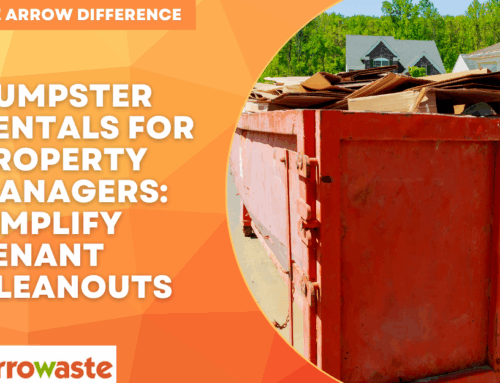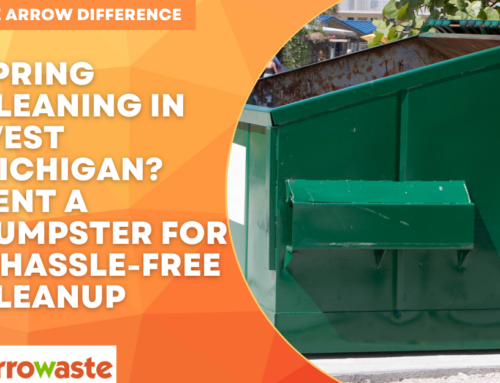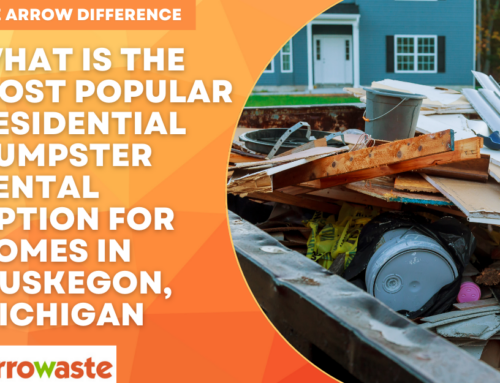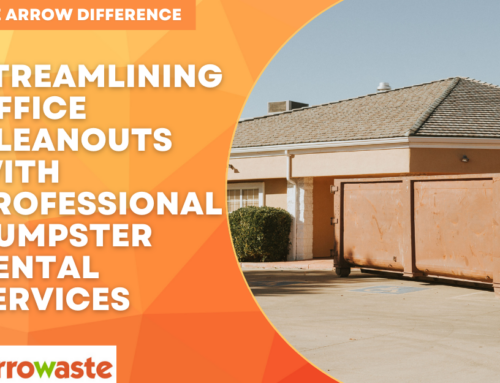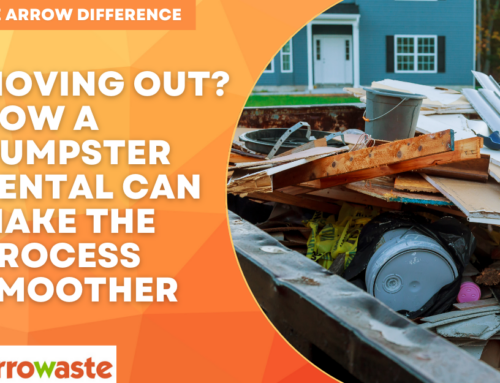When it comes to waste management, the importance of choosing the right residential dumpster rental vs. commercial depends on the project size. Whether you’re a business owner tackling a construction project or a homeowner undergoing a significant cleanup, understanding the key differences between Michigan commercial and residential dumpster rentals is fundamental. In this blog, we’ll delve into the distinct features of each, helping you make an informed decision for your specific needs.
Commercial Dumpster Rentals:
Commercial dumpster rentals cater to the unique waste disposal requirements of businesses, construction sites, and industrial projects. These dumpsters are typically larger in size, ranging from 20 to 40 cubic yards, to accommodate the substantial volume of waste generated by commercial activities. Here are some key aspects of commercial dumpster rentals:
1. Size and Capacity: Commercial dumpsters are available in various sizes to meet the diverse needs of businesses. The larger sizes make them suitable for handling construction debris, bulky materials, and other waste generated in commercial settings.
2. Regulations and Permits: Businesses often deal with strict regulations regarding waste disposal. Commercial dumpster rentals may require permits, depending on the location and the type of waste being disposed of. It’s essential for businesses to be aware of and comply with these regulations.
3. Flexibility in Scheduling: Commercial projects may have unpredictable schedules, and flexibility in dumpster rental periods is crucial. Commercial dumpster services often offer adjustable rental periods to accommodate the dynamic nature of business operations.
4. Specialized Waste Handling: Certain businesses generate specialized waste, such as hazardous materials or construction debris. Commercial dumpster rentals can provide solutions for properly disposing of these materials, ensuring compliance with environmental regulations.
Residential Dumpster Rentals:
On the other hand, residential dumpster rentals are designed to meet the needs of homeowners, renters, and individuals undergoing smaller-scale projects. These dumpsters are generally smaller in size, typically ranging from 2 to 10 cubic yards, making them suitable for household waste and smaller renovation projects. Here are the key features of residential dumpster rentals:
1. Size and Accessibility: Residential dumpsters are compact and designed to fit easily in residential driveways or yards. Their smaller size makes them convenient for homeowners dealing with household clutter or undertaking small renovations.
2. No Permits Required: Unlike commercial dumpster rentals, residential dumpster rentals often do not require special permits. This simplifies the process for homeowners, allowing for a quicker and more straightforward waste disposal solution.
3. Fixed Rental Periods: Residential dumpster rentals usually have more predictable timelines and fixed rental periods are often sufficient. Residential dumpster rentals typically come with standard rental periods, making it easier for homeowners to plan their cleanup activities.
4. General Waste Disposal: Residential dumpsters are well-suited for general household waste, old furniture, appliances, and other everyday items in residential settings. They may not be designed to handle specialized or hazardous materials.
In summary, the choice between commercial and residential dumpster rentals in Michigan depends on the nature and scale of your project. Commercial dumpsters cater to the diverse needs of businesses and larger-scale projects, offering flexibility and specialized waste disposal options. On the other hand, residential dumpster rentals are tailored to the needs of homeowners and smaller projects, providing a convenient and straightforward solution for household waste. Understanding these differences will empower you to make an informed decision, ensuring efficient and responsible waste management for your specific requirements.


